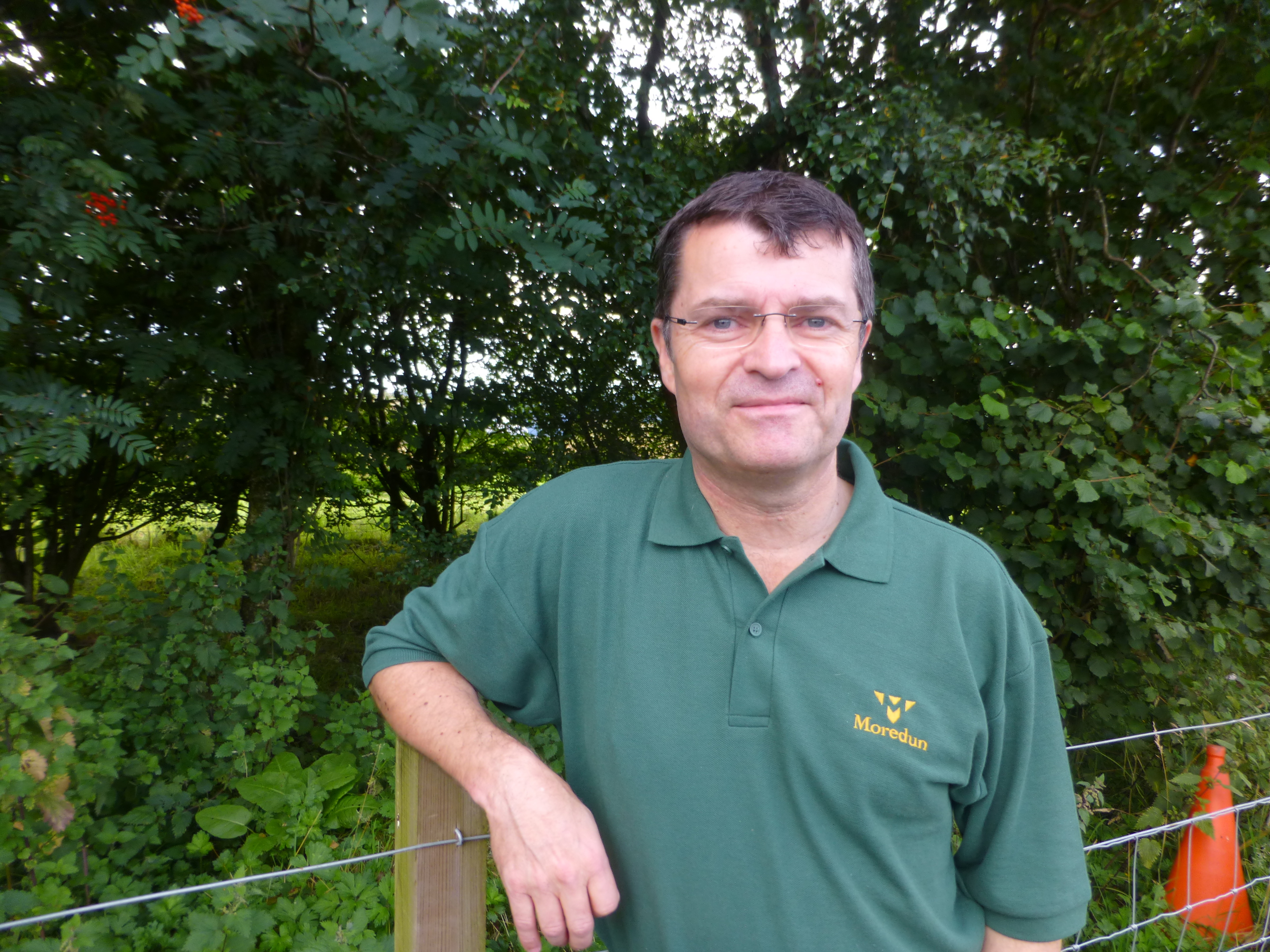Thousands of kilos of livestock livers are being condemned by abattoirs every year as a result of liver fluke contamination and farmers are wasting an opportunity to get useful feedback from the waste material.
Dr Philip Skuce, a principle scientist at the Moredun Research Institute believes farmers should be asking slaughterhouses for information on the health status of their animals livers in order to help treat the problem more effectively on farm.
Liver fluke results in at least 10% of sheep livers and 25% of cattle livers being condemned at a huge cost to the industry. It also leads to poor feed conversion rates and low weight gain and means both cattle and sheep are slower and more costly to finish.
Dr Skuce told farmers visiting a Moredun open day on Tirinie Farm near Aberfeldy that abattoir feedback would inform them if there were live fluke in the liver or if there was evidence of historic damage.
“Diagnostics are tricky and farmers don’t test for round worms or fluke on their farms. I sympathise as it’s difficult and it costs money,” he said. “And they don’t want to wait three weeks for an answer.”
He said it meant farmers relied on chemical treatments and dosed the animals without diagnosis. And that in turn has led to growing resistance to triclabendazole, one of the most effective flukicides.
“We’ve been involved in cases where farmers have treated their stock in all good faith but didn’t know until the animal couped that resistance was the issue,” he said.
Dr Skuce added that the most effective thing farmers could do was to quarantine their stock.
“Put a firebreak in when animals come on to the farm or when they come back from being away,” he said
And we warned that some agri-environment schemes could promote fluke infection.
“Wader scrapes for wetland birds or habitat for natter-jack toads or any sort of wetland could set up mud snail heaven and promote the fluke risk,” he said.
The Moredun is aiming to devise a test for an early stage of liver fluke infection.










